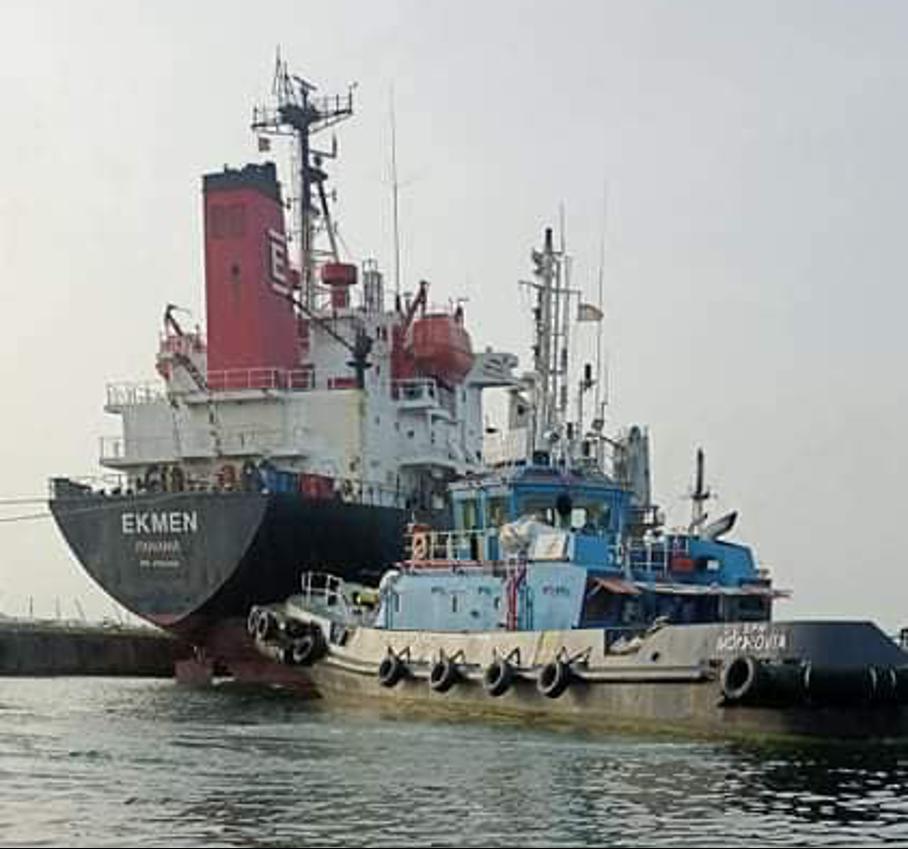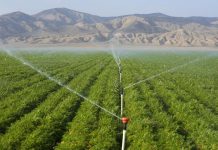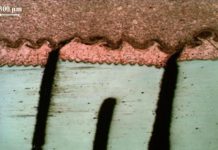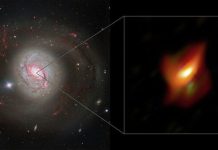
Africa-Press – Liberia. A ship containing 293 bags of ammonium nitrate mixed with Heavy Fuel Oil has been escorted off the territorial waters of Liberia after docking for days at the Port of Buchanan.
The substance which the Environmental Protection Agency alarmed to be highly hazardous and needed the swift intervention of state security, was rejected by Bea Mining Corporation after they discovered that it was mixed with HFO.
Bea Mountain upon an inquiry from the Executive Director of the EPA, Prof. Wilson Tarpeh, confirmed the presence of the substance. This was after field agents of the EPA hinted central office of the presence of the substance at the port.
Ammonium nitrate is an industrial chemical commonly used in fertilizers and as an explosive for quarrying and mining. It is an oxidizer considered relatively safe if uncontaminated and stored properly. But it is extremely dangerous if contaminated, mixed with fuel or stored unsafely.
A large quantity of ammonium nitrate exposed to intense heat can trigger an explosion. Storing the chemical near large fuel tanks, in bulk in large quantities and in a poorly-ventilated facility could cause a massive blast. The larger the quantity, the more risk it will detonate.
According to the Environmental Protection Agency, after weeks of tireless engagements, the Ship MV EKMEN was escorted out of Liberian territorial waters. At departure time (18:00 hrs), the Ship contained 293 bags of contaminated ammonium nitrate. This rejected consignment is being repatriated to the country of origin, Turkey.
The EPA expresses its appreciation to the Coast Guard of the Armed Forces of Liberia for ensuring that the vessel left Liberia’s waters and is now headed to the next Port of Call in Abidjan.
The EPA stated that Liberia being a party to the Basel Convention and European Union (EC) Regulations 1013/2006 and 1418/2007 as amended by Regulation (EC) 733/2014 and remains obligated to ensure all enforcement.
It can be recalled that on 4 August 2020, a large amount of ammonium nitrate stored at the Port of Beirut in the capital city of Lebanon exploded, causing at least 218 deaths, 7,000 injuries, and US$15 billion in property damage, and leaving an estimated 300,000 people homeless. A cargo of 2,750 tonnes of the substance (equivalent to around 1.1 kilotons of TNT) had been stored in a warehouse without proper safety measures for the previous six years after having been confiscated by the Lebanese authorities from the abandoned ship MV Rhosus. The explosion was preceded by a fire in the same warehouse, but as of September 2021, the exact cause of the detonation is still under investigation.
The blast physically shook the whole country of Lebanon. It was felt in Turkey, Syria, Palestine, and Israel as well as parts of Europe, and was heard in Cyprus, more than 240 km (150 mi) away. It was detected by the United States Geological Survey as a seismic event of magnitude 3.3, and is considered one of the most powerful artificial non-nuclear explosions in history.
The Lebanese government declared a two-week state of emergency in response to the disaster. In its aftermath, protests erupted across Lebanon against the government for their failure to prevent the disaster, joining a larger series of protests which have been taking place across the country since 2019.
For More News And Analysis About Liberia Follow Africa-Press





